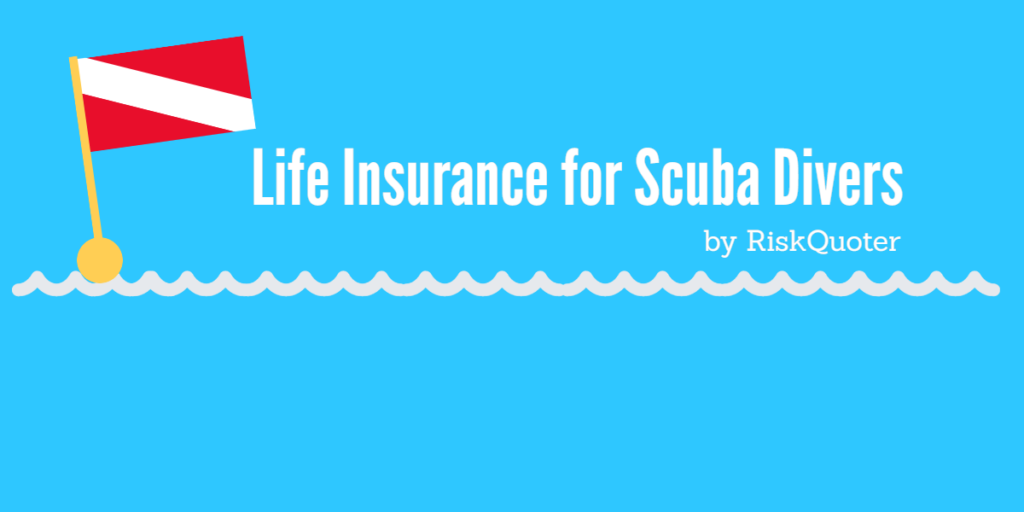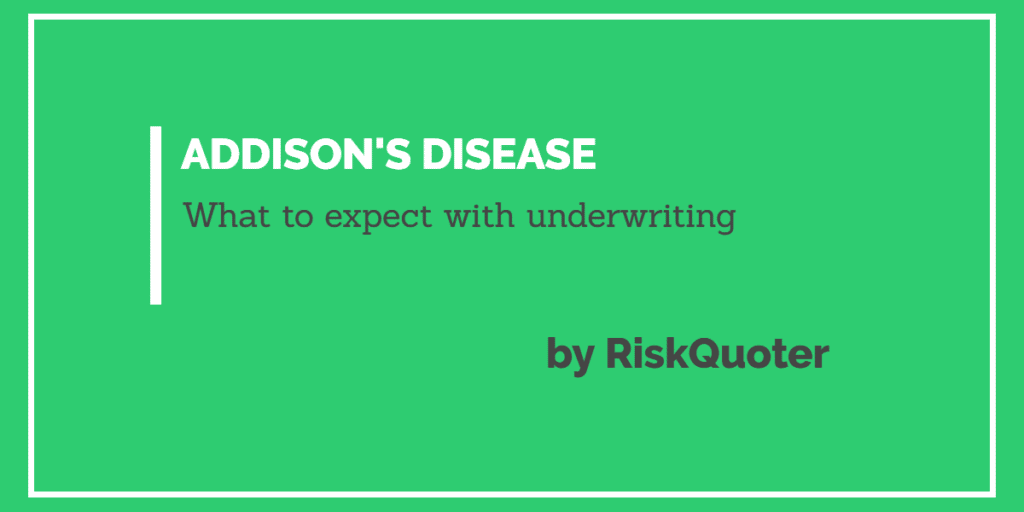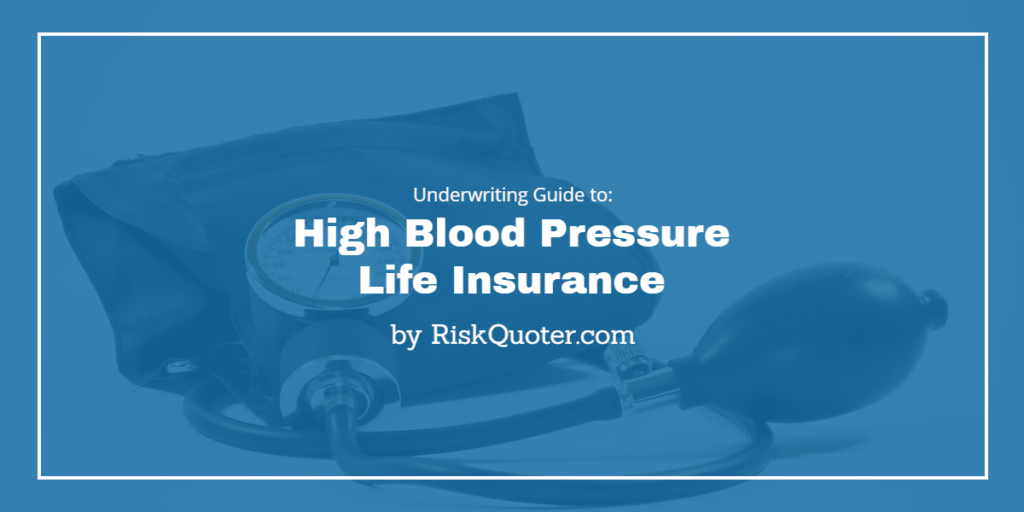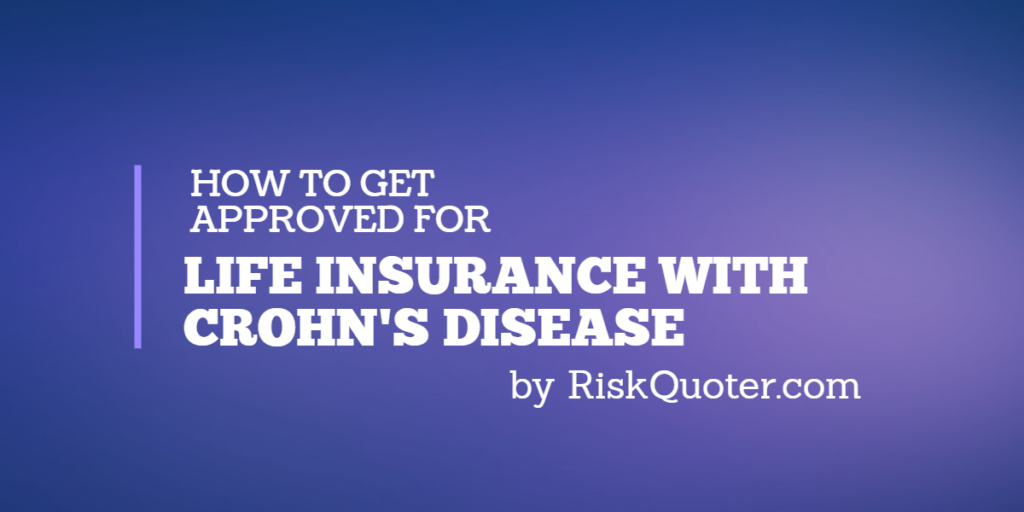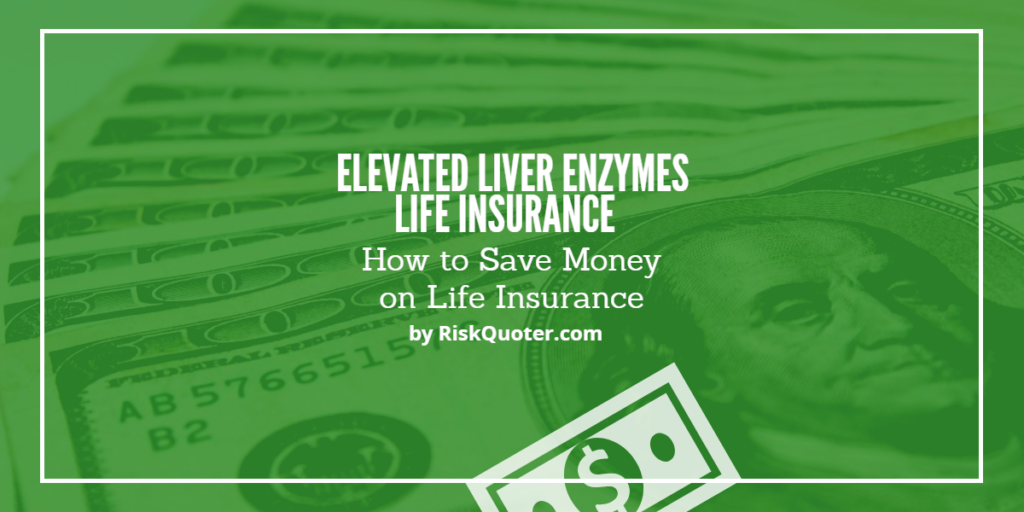As a scuba diver, you understand the importance of preparation and safety.
That same mindset extends to protecting your family’s future with the right life insurance.
The good news is that finding affordable life insurance as a diver is completely possible!
In this guide, we’ll explain how to secure the best coverage, address potential concerns with insurers, and ensure that your passion doesn’t limit your life insurance options.
Scuba Dive Life Insurance Overview
Life insurance for scuba is based on:
- Your experience
- Certifications
- Maximum dive depths
- Types of dives you participate in
Life insurance underwriting will ask you the following:
- When did you learn to dive?
- What scuba diving certifications do you hold?
- Are you a member of a scuba diving club?
- How many dives per year do you average?
- What is the average time you spend underwater per dive?
- Where do you dive – Lakes, oceans, rivers, etc?
- What is the maximum depth you dive to?
- Do you dive alone?
- Have you ever had decompression sickness?
- How many dives are:
- 75′ deep or less?
- 76-100′ deep?
- 101 – 130′ deep?
- Greater than 130′ deep?
- Do you participate in wreck, cave, ice, or high-altitude diving?
- Future Dive Plans:
- Are any dive trips planned for the next 12 months?
- Where will you be diving?
- What depths will you be diving to?
A diver supplement in addition to the application.
Dive Depth: How if Affects Your Life Insurance Rates
Life insurers use several factors to determine your best life insurance rate, including your average dive depths.
Dive Depths Less Than 75′
If your average scuba dive depth is less than 75′,
Many life insurance companies will make their very best rate classes available if you qualify otherwise.
Dive Depths 76′ – 100′
We still have some life insurers that offer their best rate classes,
But some companies have limitations such as no more than ten dives per year.
Dive Depths 101′-120′
While getting a “preferred” rate is possible, most insurers add flat extras to your life insurance policy.
Something we’re asked about is certification dives.
If you dive beyond 100′ for the certification only,
But your regular activity is limited to 100′ or less thereafter, the right companies won’t penalize you.
Dive Depths Beyond 120′
All life insurance companies add a flat extra charge when you start diving beyond 120′.
The amount of the flat extra varies by company, but you can expect the flat to add $250 – $1,000 per every $100,000 of coverage.
You have the experience and required certifications for these depths. Otherwise, you will be penalized or declined.
Dive Depths Greater than 150′
It’s not often that we encounter divers going to this depth.
We have a life insurance company that will consider a $250 per $100,000 flat extra up to 250′ depth.
You have to have experience and advanced certifications to do these things.
Life Insurance Companies’ Scuba Guidelines
We’ve updated our guidelines with the latest information available in 2024 from some of the companies we offer.
| Insurance Company | <75 Feet | 76-100 Feet | 101-130 Feet | 131-150 Feet |
|---|---|---|---|---|
| AIG-Corebridge | Best | Best | $250 Flat | $250 Flat |
| Banner Life | Best | Best | Standard Plus | $750 Flat |
| John Hancock | Best | Preferred | $250 Flat | I.C. |
| Lincoln National | Best | Best | $250-$350 Flat | I.C. |
| Minnesota | Best | Best | Best | $200 Flat |
| Pacific Life | Best | Best | Best | I.C. |
| Penn Mutual | Best | Best | Best | I.C. |
| Protective | Best | Best | $250 | I.C. |
| Prudential | Best | Best | Preferred | I.C. |
| SBLI | Best | Best | $250 | I.C. |
| Symetra | Standard | $250 | $500 | $1000 |
| Transamerica | Best | Standard | $250 | $250 |
| United of Omaha | Best | Best | $350 | I.C. |
I.C. = Individual Consideration – The company needs to review all details before making an underwriting offer to you.
$250, $350, $500, or $1,000 = This is the amount of the flat extra expense added to your policy per every $100,000 of coverage.
We have an entire article devoted to flat extras.
Commercial Diving Life Insurance
We have some life insurance options if your occupation involves civilian or military diving.
Civilian – Underwater helmet diving. If you are involved in salvage operations such as for the Key Bridge collapse, life insurers have occupation class ratings.
A civilian diver involved in salvage would have a flat extra expense of approximately $500 for every $100,000 of coverage.
Military – We need to know exactly what you are up to for military divers.
General scuba diving typically requires a flat extra of $100 for every $100,000 in coverage.
Special Forces – Army Rangers, Delta Force, Navy Seals have a class rating of $500 per every $100,000 of coverage.
Scuba Diver Certifications
Open Water Diver Life Insurance
The Open Water Diver certification is the most popular scuba diving course offered.
Several organizations offer scuba training and open water certification.
These include PADI and other certification courses.
It can’t be said enough that scuba divers who dive beyond their certification levels and training,
Represent an additional risk to life insurance companies.
Coincidentally, the biggest cause of diver deaths is not the diving itself,
But of underlying high-risk health conditions such as heart problems.
The maximum depth allowed for the Open Water Diver certification is 60 feet,
The Advanced Open Water Diver (AOWD) certification depth is 100 feet.
The good news is that the vast majority of open-water divers rarely dive beyond 100′ depth,
With many diving no deeper than 60 feet.
Wreck Diver Life Insurance
The type of wreck diving you participate in matters to underwriters.
Non-Penetration Wreck Dives – The scuba diver swims near or over the wreck but does not enter the wreck.
Non-penetration wreck dives follow the same underwriting rules as open-water diving.
Limited Penetration Wreck Dives – The scuba diver penetrates the wreck, but only to the extent that natural light is still available.
The general rule is that once you enter a wreck, life insurers will add a flat extra charge to your life insurance.
Full Penetration Wreck Dives – Full penetration wreck dives are technical dives. You must have the proper experience.
The key is to find the life insurers that offer “preferred rates” with a flat extra vs. companies that will assign “standard rates” with a flat extra.
Cave Diver Life Insurance
Cave diving accounts for less than 10% of fatalities but is of greater concern to underwriters than open-water diving.
If you participate in cavern diving, a flat extra will be added to your life insurance policy.
If you have completed additional certifications for cavern dives,
Let us know, as we can use that to minimize any additional ratings.
FAQ
You have questions about life insurance for scuba divers, and we have the answers!
Scuba Summary
Scuba diving, when properly trained, is readily insurable.
Working with us will ensure you get the best life insurance company based on your experience.
Please take a few minutes to complete your quote request today for a free, no-pressure, no-obligation life insurance quote.
Recent Articles:
Addison’s Disease Life Insurance
If you have Addison’s Disease and need life insurance, let us help you. Our life…
Best Life Insurance Companies for High Blood Pressure in 2024
Bladder Cancer Life Insurance
We help bladder cancer survivors find affordable coverage from life insurers specializing in high risk….
Cervical Cancer Life Insurance
Life insurance is now possible for cervical cancer survivors. We’ll help you find affordable coverage…

